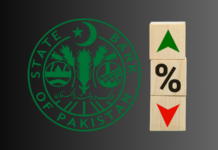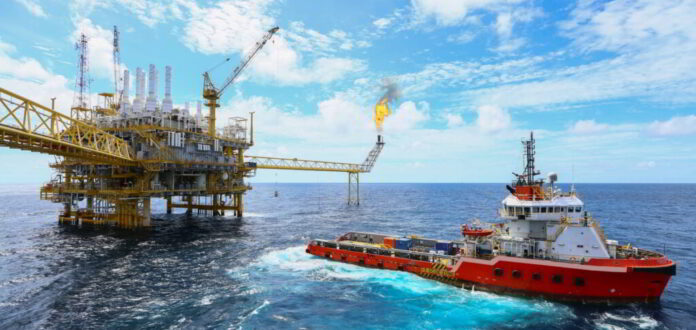Pakistan State Oil (PSO) has issued a warning about potential disruptions in the country’s energy supply chain due to escalating circular debt in the liquefied natural gas (LNG) market.
In communication with Sui Northern Gas Pipelines Limited (SNGPL), PSO highlighted the serious financial risks posed by increasing outstanding dues for LNG sales, which have significantly impacted its cash flow and financial stability.
PSO’s management expressed concerns over the low payments received for LNG supplies from SNGPL since the beginning of fiscal year 2024, leading to a substantial rise in its receivables by Rs49 billion, with the total outstanding amount reaching Rs550 billion.
This financial strain is causing a liquidity crisis for PSO, threatening the continuity of the energy supply chain across the country.
To mitigate these risks, PSO has urged SNGPL to settle the full amount owed promptly to prevent any interruption in the energy supply.
PSO, a major importer and supplier of LNG from Qatar, plays a crucial role in meeting the country’s energy demands.
The report also sheds light on the broader issue of circular debt in Pakistan’s energy sector, which has accumulated to Rs710 billion, mainly attributed to LNG supply challenges.
This debt includes Rs568 billion owed by PSO and Rs142 billion by Pakistan LNG Limited (PLL), reflecting the financial pressures on state-owned gas utilities.
The diversion of RLNG to domestic consumers, especially in regions like Punjab with low local gas production, has added to the financial burden, with estimated costs reaching $1 billion for the fiscal year 2024-25.
This diversion, approved by the Economic Coordination Committee (ECC) and the federal cabinet, is projected to cost Rs297,913 million for 2024-25.
The circular debt crisis is exacerbated by delays in implementing the weighted average cost of gas, a measure approved by the previous government but challenged in court.
With the Oil and Gas Regulatory Authority (Ogra) only partially applying this cost, the financial implications are significant, potentially leading to higher charges for consumers or further increasing the circular debt.
Amid these challenges, SNGPL is proposing a significant rise in gas prices starting July 1, 2024, aiming to meet its revenue requirements and address the financial issues plaguing Pakistan’s energy sector.

























The best information shared